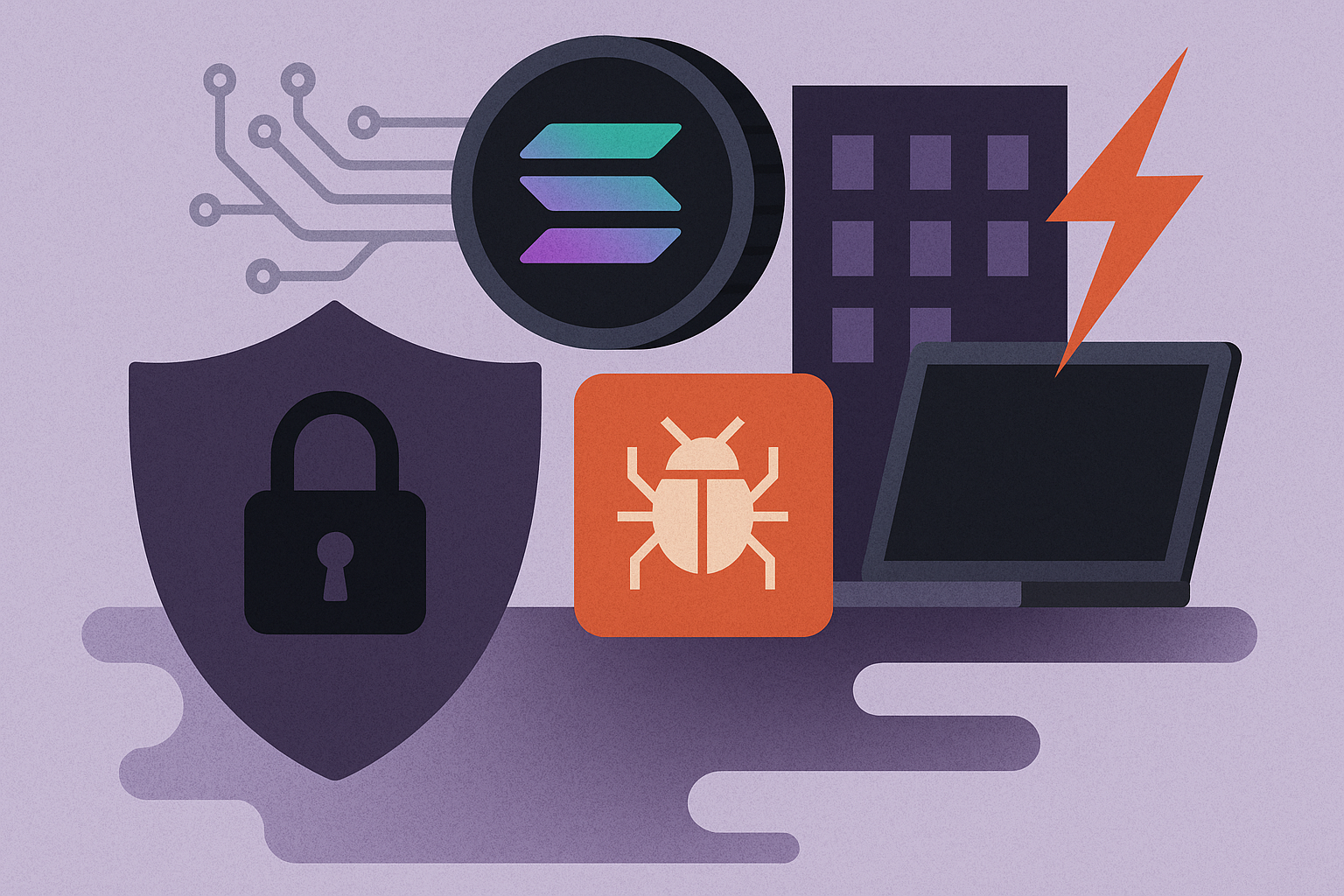
Upbit Security Breach: What Happened?
On November 27, South Korea’s largest cryptocurrency exchange, Upbit, suffered a significant security breach in the early hours of the morning. Unauthorized transfers of Solana-linked assets, valued at approximately 54 billion won (around $37 million), were made to external wallets. This incident has triggered renewed scrutiny around security measures for Solana-based tokens across crypto platforms.
Following the breach, Upbit promptly suspended all deposits and withdrawals to control the damage. The exchange transferred its digital assets to cold storage and initiated an extensive internal security review. According to Upbit, the platform will reimburse affected users from its own holdings without touching customer balances.
Security Measures and Future Outlook
To prevent similar incidents, Upbit has launched a complete system evaluation covering wallet security, network connections, and asset storage protocols. The exchange also plans to gradually restore deposit and withdrawal services only after ensuring the security of its systems. Initial recovery efforts include tracking stolen funds and freezing 12 billion won in Solaire tokens.
This breach isn’t an isolated event in Upbit’s history. On the same date in 2019, the exchange lost 342,000 ETH, an estimated value of over $1 billion today, in a highly publicized hack attributed to North Korean hackers.
The Business Impact on Upbit
The timing of the hack coincides with a significant corporate development. Upbit’s parent company, Dunamu, recently announced a massive $10.3 billion merger with Naver’s fintech arm. The breach has added immense pressure on Upbit to showcase its resilience as it prepares for potential global ambitions, such as a Nasdaq listing, following this merger.
How to Protect Your Cryptocurrency Investments
Incidents like the Upbit hack emphasize the importance of prioritizing the security of your digital assets. To safeguard your holdings, consider using hardware wallets for long-term storage. For example, the Ledger Nano X offers excellent security features and supports a wide range of cryptocurrencies, including Solana, Bitcoin, and Ethereum.
Additionally, always enable two-factor authentication (2FA) on your exchange accounts and monitor your transactions closely. Diversifying across secure platforms and wallets can also help mitigate risks.
Conclusion
The recent developments highlight the urgent need for robust crypto exchange security measures, particularly in high-growth ecosystems like Solana. As the industry continues to evolve, users should remain cautious and prioritize security to protect their investments.





